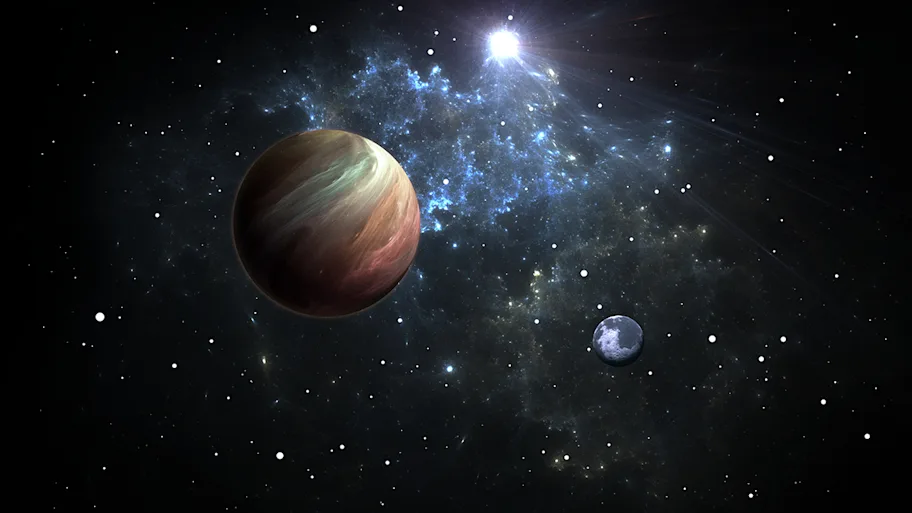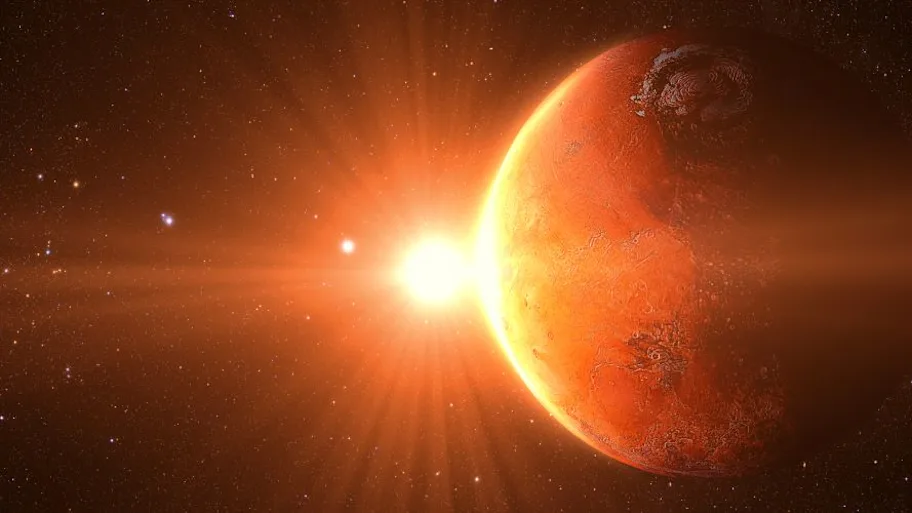
- Science news
- Frontiers news
- New Specialty Section Fundamental Astronomy now open for submissions
New Specialty Section Fundamental Astronomy now open for submissions

The Frontiers in Astronomy and Space Sciences team is pleased to announce the launch of a new specialty section. The new section, Fundamental Astronomy, is led by Specialty Chief Editor Professor Sergei Kopeikin, from the University of Missouri, USA, and is now open for submissions.
As part of the “Frontiers in” journal series, Frontiers in Astronomy and Space Sciences offers:
Interactive and collaborative review to ensure quality, rigor, and fairness
World-class editorial boards for all specialty sections
Open Access for maximum visibility and discoverability
Advanced article-level analytics and demographics to track reach and impact, including social media buzz
Fast publication, with an average of 84 days from submission to publication
Editors and reviewers disclosed on all published articles for maximum transparency
Commenting systems enabled on all articles to boost post-publication feedback
At present the editorial board Fundamental Astronomy is composed of the following Associate Editors:
Alessandra Celletti, University of Roma Tor Vergata, Italy
Ludwig Combrinck, Hartebeesthoek Radio Astronomy Observatory, South Africa
Thomas Marshall Eubanks, Asteroid Initiatives LLC, USA
Agnes Fienga, Observatoire de la Côte d’Azur, France
Christophe Le Poncin-Lafitte, Observatoire de Paris, France
Zinovy Malkin, Pulkovo Observatory, Russia
Yi Xie, Nanjing University, China
Fundamental astronomy is an essential branch of modern gravitational physics, which explores the fundamental structure of space and time by studying the dynamics of massive bodies and elementary particles, such as photons, in gravitational field on time scales from one orbital revolution to the Hubble time. It establishes basic theoretical principles for high-accuracy calculation and interpretation of various astronomical effects and phenomena observed in gravitationally-bounded systems, for example, clusters of galaxies, the Milky Way, stellar clusters, binary and multiple stars, and the solar system and its sub-systems. It also provides definitions and models that describe reference systems and frames used in astronomy and geodesy.
Fundamental astronomy obtains physical information on celestial objects and investigates physical laws using the methods of astrometry, celestial mechanics and space geodesy which include long baseline radio and optical interferometry, laser and radio ranging, pulsar timing, Doppler tracking, space astrometry, atomic clocks and Global Positioning System (GPS), etc.
A special emphasis should be made on relativistic celestial mechanics and astrometry which are relatively new areas of research in fundamental astronomy that receive special attention in experimental gravitational physics in order. The development of theoretical and observational tools of relativistic celestial mechanics and astrometry are essential for further progress in testing general relativity and direct detection of gravitational waves to bring a deeper understanding of the nature of gravitational field and fundamental structure of the spacetime manifold.
The “Frontiers in” journal series, supported by over 230,000 leading researchers worldwide, has already published 25,000 peer-reviewed articles across 50 journals, which receive 7 million views per month.
We are currently considering applications to join the editorial board of Fundamental Astronomy. To apply for an editorial role, or find out more information about Frontiers, please contact: spacesciences.editorial.office@frontiersin.org.
We look forward to hearing from you.
Marie and Laura
Laura Smart, Journal Operations SpecialistMarie Soulière, Journal Manager
Frontiers in Astronomy and Space Sciencesspacesciences.editorial.office@frontiersin.orgtwitter.com/FrontAstroSpace





